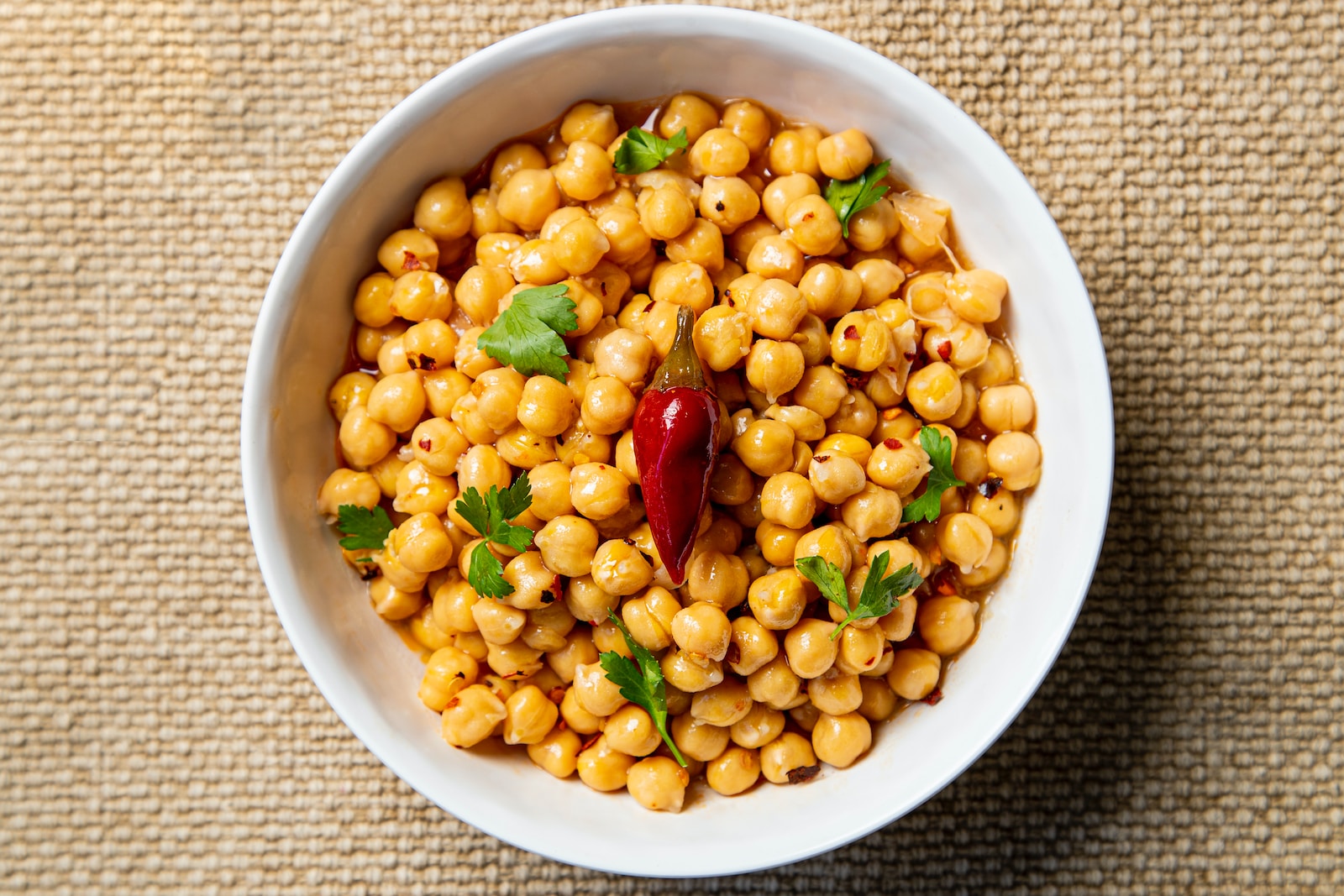Exploring Essential Amino Acids on a Vegan Diet
Amino acids are the building blocks of proteins, playing a crucial role in various physiological functions of the body. While animal-based products are often considered as primary sources of amino acids, it’s important to recognize that plant-based diets can also provide all the essential amino acids required for optimal health. In this article, we will delve into the world of essential amino acids and explore how they can be obtained on a vegan diet.
1. Understanding Essential Amino Acids
Amino acids are categorized into two types: non-essential amino acids, which can be produced by the body, and essential amino acids, which cannot be synthesized and must be obtained through the diet. There are nine essential amino acids that our bodies need to function properly.
2. Plant-Based Protein Sources
Contrary to popular belief, plant-based foods can provide all the essential amino acids needed for a healthy diet. Some excellent sources of plant-based protein include legumes (such as lentils, chickpeas, and black beans), quinoa, tofu, tempeh, seitan, edamame, hemp seeds, chia seeds, and spirulina. Incorporating a variety of these foods into your meals ensures a diverse amino acid profile.
3. Complementary Protein Pairing
While individual plant-based foods may not contain all the essential amino acids, combining different protein sources can create a complete amino acid profile. This concept is known as complementary protein pairing. For example, combining legumes with whole grains (such as beans and rice) or legumes with nuts and seeds (such as hummus and whole-grain bread) can provide all the essential amino acids needed by the body.
4. Soy and Quinoa: Complete Protein Powerhouses
Soy and quinoa are exceptional plant-based protein sources as they contain all the essential amino acids in the right proportions. Incorporating soy-based products like tofu, tempeh, and edamame, as well as quinoa, into your meals can provide a complete protein source that rivals animal-based proteins.
5. Importance of Variety
To ensure you receive a wide range of essential amino acids, it’s crucial to incorporate a variety of plant-based protein sources into your diet. This not only enhances the nutritional quality of your meals but also provides a diverse amino acid profile, supporting overall health and well-being.
6. Key Nutrients for Amino Acid Absorption
Certain nutrients play a role in amino acid absorption and utilization in the body. Vitamin B12, which is primarily found in animal-based products, can be supplemented in a vegan diet to ensure adequate absorption. Additionally, consuming foods rich in vitamin C, such as citrus fruits and leafy greens, can enhance iron absorption and support the production of amino acids.
7. Consulting a Registered Dietitian
While a well-planned vegan diet can provide all the essential amino acids, it’s always beneficial to consult a registered dietitian for personalized guidance. They can help you create a balanced meal plan that meets your nutritional needs and ensures you’re obtaining the necessary amino acids for optimal health.
In conclusion, a properly planned vegan diet can provide all the essential amino acids required for a healthy body. By incorporating a variety of plant-based protein sources, understanding complementary protein pairing, and paying attention to key nutrients, you can thrive on a vegan diet while enjoying the benefits of essential amino acids. Remember, a balanced and diverse approach is key to reaping the rewards of a plant-powered lifestyle.
[Resource 1]: VeganHealth.org – A comprehensive website providing evidence-based information on vegan nutrition and meeting essential nutrient needs.
[Resource 2]: “The Plant-Based Athlete” by Matt Frazier and Robert Cheeke – A book offering insights into optimizing nutrition on a plant-based diet, including information



